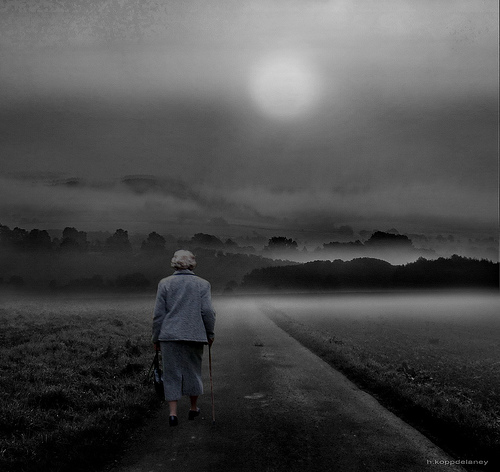 The American Academy of Neurology’s most recent position statement on abuse and violence recommends that neurologists screen patients for abusive treatment as part of their regular routine. As our North County elder abuse lawyers know, seniors are at serious risk of being mistreated or abused. Unfortunately, abusers often turn out to be the people we expect to be able to trust the most, including nurses, group home staff, and other caretakers.
The American Academy of Neurology’s most recent position statement on abuse and violence recommends that neurologists screen patients for abusive treatment as part of their regular routine. As our North County elder abuse lawyers know, seniors are at serious risk of being mistreated or abused. Unfortunately, abusers often turn out to be the people we expect to be able to trust the most, including nurses, group home staff, and other caretakers.
California elder abuse law prohibits commonly known types of abuse—such as physical or sexual abuse—as well as the negligent failure of caretakers to exercise reasonable caution in the care or custody of an elderly person. That includes providing proper care for a senior’s medical and mental health needs and protecting elders from health and safety hazards. The American Academy of Neurology’s position statement defines elder abuse as abuse or neglect of a person 65 years or older, or of an individual who is physically or mentally disabled.
According to the American Academy of Neurology, the American Medical Association encouraged physicians in 2008 to ask patients about family violence histories on a regular basis because such information is crucial to effective diagnosis and care. Failure to do so can lead to further physical or emotional harm and treatment failure. The authors of the position statement, Elliott A. Shulman, M.D., and Anna DePold Hohler, M.D., state that identification of a patient’s abuse history, if any, is important because it can influence the assessment and treatment of presenting health concerns.
 Southern California Nursing Home Abuse Lawyer Blog
Southern California Nursing Home Abuse Lawyer Blog







 Our
Our 
 The
The 


 Our
Our 





